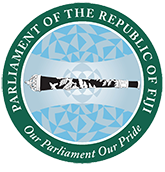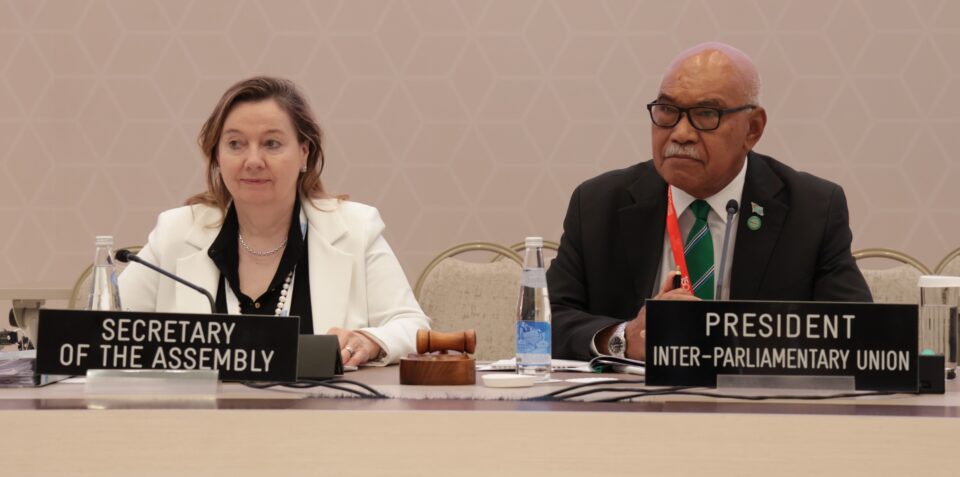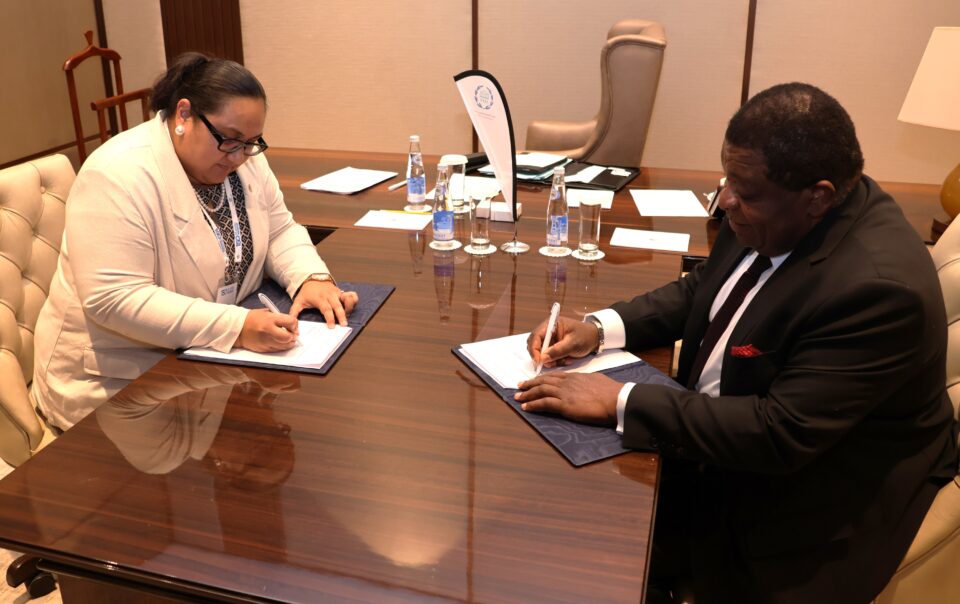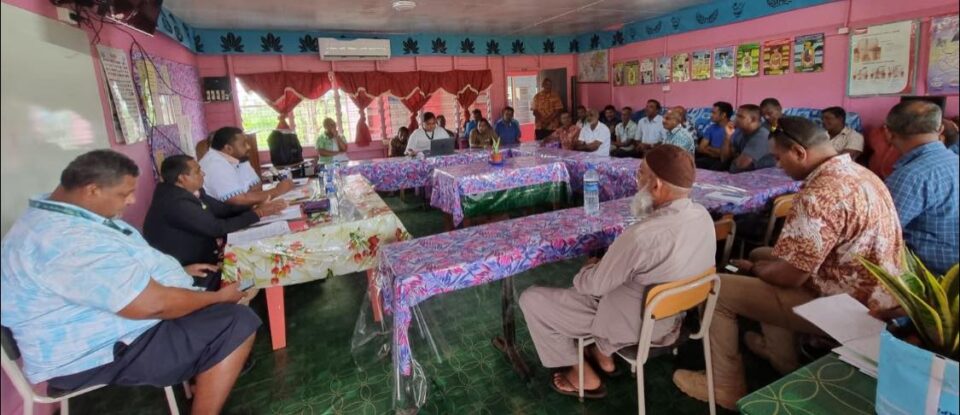The Fiji Parliament Delegation Attends APPFGH Meeting in Mongolia

Fiji is committed to the transformation and regulation of existing health systems, aiming for universal access and social health protection.
This was highlighted by the Minister for Health and Medical Services, Hon. Dr Ratu Atonio Lalabalavu during the 7th Meeting of the Asia-Pacific Parliamentarian Forum on Global Health (APPFGH) that was held earlier this week in Mongolia.
The meeting was hosted by the State Great Hural of Mongolia, with support from the Ministry of Health of Mongolia and the World Health Organization (WHO).
Hon. Dr Ratu Lalabalavu discussed the coverage of essential health services in Fiji, the Ministry’s strategic planning, the objectives of PHC reform in Fiji, its innovative elements, key initiatives under the reform, current national activities, and the outlook for the future.
“The review of Fiji’s coverage of essential health service demonstrate the struggles that Small Islands Development States (SIDS) like Fiji face in the last decade and worsened by the COVID pandemic in the last 3 years.”
“The full reliance on overseas supplies of health commodities, impact of the economic, environmental, and social determinants of health, and the increasingly high connectivity for movement between our countries provides ongoing and new challenges for health services and health economies in the region,” the Minister said.
Opposition Member of Parliament Hon. Penioni Ravunawa also gave a presentation on the topic of ‘Primary Health Care in the Region: where we are and entry points for reform’.
“Fiji has outreach programmes, such as the well-coordinated inter-island clinical specialty outreach visits via MV Veivueti, which are embedded into the health services programmes with the aim to increase access to care in rural and remote areas, and support healthcare workers providing services in rural settings.”
“The health outcome indicators signal the need to improve comprehensive health service access, quality and equity of care considering Fiji’s changing health needs on NCD crisis, rising HIV incidence and climate change.”
“The entry points for reform and rejuvenation of primary health care can be achieved through addressing health financing and investment in PHC, addressing healthcare service capacity and management, and targeting immediate and urgent health needs with innovative approaches,” Hon. Ravunawa said.
More than 70 participants, including representatives of the WHO, parliamentarians, and Health Ministers of 15 countries attended the meeting, with the theme “Building Primary Health Care for the Future”.
The APPGF is a platform for parliamentarians to exchange ideas, build political will, enhance capacities, and foster collaboration in driving sustainable action for health.
Parliamentarians, through their core functions of law-making, budgeting, government oversight, and representation of constituencies, can play an important role in shaping health priorities and driving actions at global, regional, national, and local levels. These functions also offer opportunities to foster multisectoral action and engage in international partnerships.
At the end of the forum, the delegation had an opportunity to meet and hear the concerns and feedback of the Fijian community in Mongolia, most of whom work as teachers in schools and universities.
-Ends-






